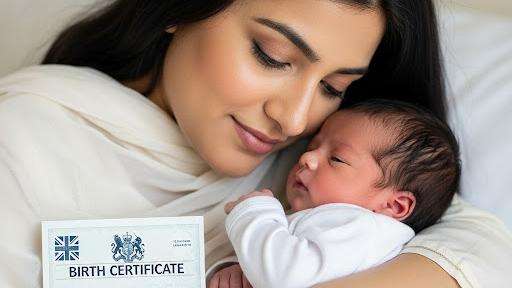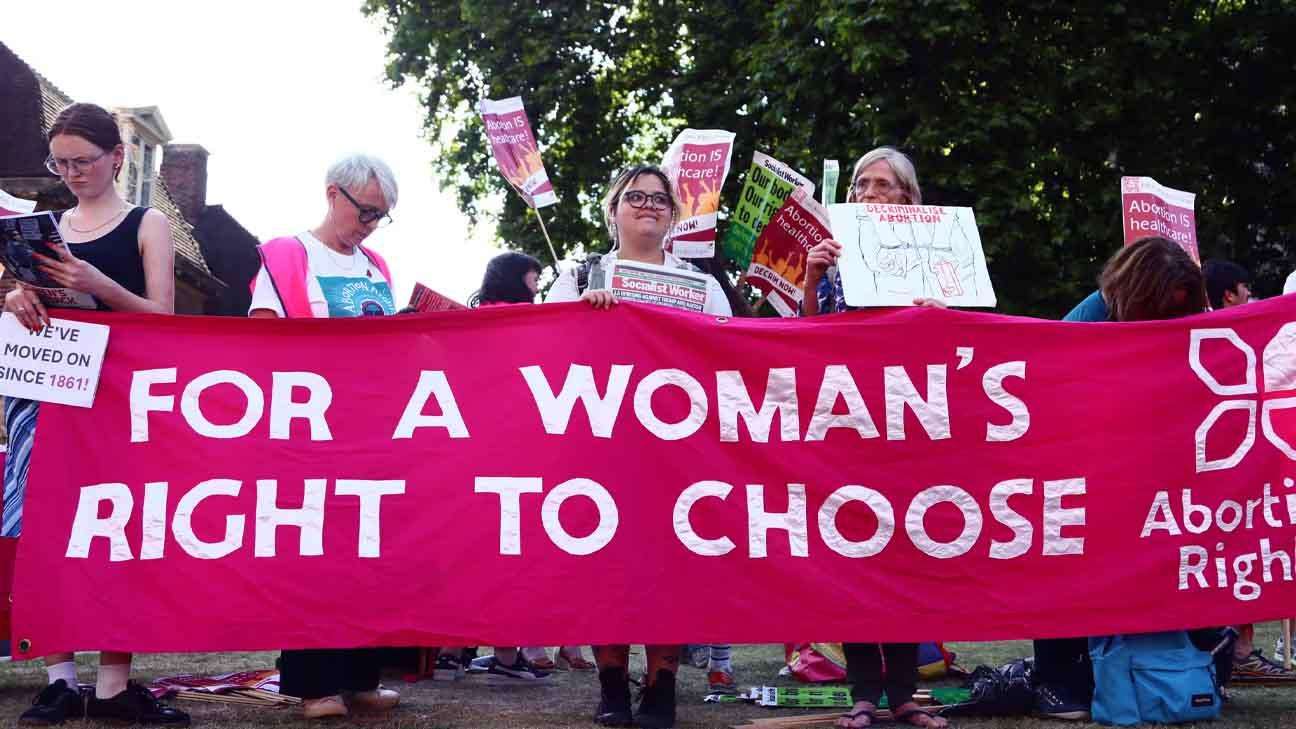A new proposal to allow unmarried mothers to name deceased fathers on birth certificates is igniting a complex debate across Britain, extending beyond legal fairness to touch upon deeply held religious beliefs and the very fabric of family life. This seemingly compassionate change is raising critical questions about its long-term impact on societal norms and the future of marriage.
Labour MP Jen Craft has tabled the Registration of Births (Inclusion of Deceased Parents) Bill, a measure designed to spare grieving unmarried mothers the "protracted and traumatic legal battle" currently required to include their deceased partner on a child's birth certificate. Under present law, women who lose their partners during pregnancy must navigate a costly court process to establish paternity, leaving a painful blank space on their child's official document. Ms. Craft asserts that current legislation has "not kept pace with societal change" and highlights a "deeper inequality" in how the legal system regards unmarried couples. Her proposal empowers registrars to make these amendments based on sufficient evidence of intended parenthood, even suggesting a pre-birth declaration. The Bill is set for its second reading debate in the Commons on July 11.
Analysis: Faith, Family, and the Evolving British Landscape
While the immediate human element of this Bill—alleviating distress for bereaved mothers—is compelling, its broader implications for British society, particularly concerning religious views and family structures, warrant careful consideration.
For many within both Christian and Muslim communities, marriage is more than a legal contract; it is a sacred covenant and the divinely ordained foundation for raising children. From a traditional Christian standpoint, any law that seemingly normalizes or gives equivalent legal status to children born outside of marriage could be viewed with apprehension. Some conservative Christian denominations might fear it subtly undermines the unique sanctity of marriage, potentially encouraging cohabitation over formal union.
Similarly, within Islam, marriage (Nikah) is strongly encouraged and fundamental for establishing a legitimate family. Children born outside of wedlock do not typically hold the same legal or social standing. While Islamic law has specific provisions for paternity, a law facilitating the naming of a deceased father for unmarried couples, though offering legal recognition, could be seen by some Muslim scholars and communities as blurring distinctions upheld by Islamic jurisprudence. Concerns might arise about its long-term impact on community adherence to traditional family structures and the emphasis on marriage.
However, it is crucial to acknowledge that compassion for the vulnerable is a core tenet of both faiths. Many progressive voices within Christian and Muslim communities would likely support the Bill on humanitarian grounds, prioritizing the child's rights and emotional well-being regardless of parental marital status.
Beyond religious considerations, a central question arises: could this legislation inadvertently contribute to an increase in single-parent households or a further decline in marriage rates? By streamlining paternity recognition for unmarried couples, some argue the Bill might normalize parenthood outside of marriage, potentially reducing one of the implicit societal nudges towards formal union. British society has already witnessed a steady decline in marriage and a rise in cohabitation. While this law is unlikely to be the sole cause, opponents might contend it contributes to a trend where formal marriage appears less necessary for starting a family, potentially leading to fewer marriages overall.
A society with a growing proportion of single-parent households, while not inherently negative, presents unique challenges. Debates around "less marriage, less society" often highlight concerns about social cohesion and the transmission of traditional family values. Advocates for marriage emphasize its role in providing a stable framework for child-rearing and societal stability. Conversely, others argue that the quality of parental relationships, married or unmarried, and robust societal support are more critical. This Bill, while addressing a specific tragedy, undeniably feeds into this larger, ongoing conversation about marriage's role in modern Britain.
Ultimately, MP Jen Craft's Bill is a compassionate attempt to rectify a legal anomaly causing profound suffering. Yet, its passage will inevitably intensify existing debates about the evolving nature of family in Britain, the importance of marriage, and how legal reforms intersect with diverse cultural and deeply held religious beliefs. As the Bill progresses, these broader societal implications will be central to the discussions shaping the future of family law in the UK.
_7.jpg)
_6.jpg)
_3.jpg)





.svg)


